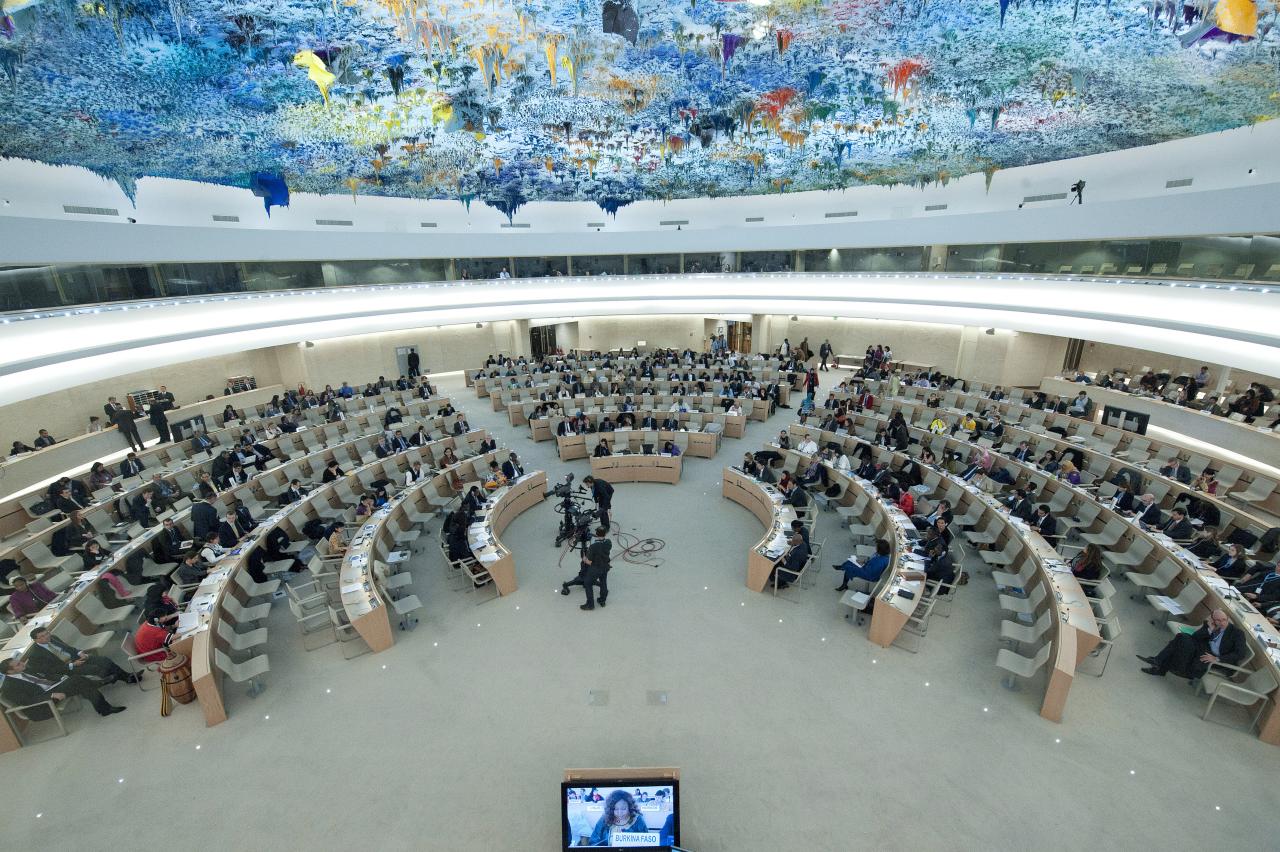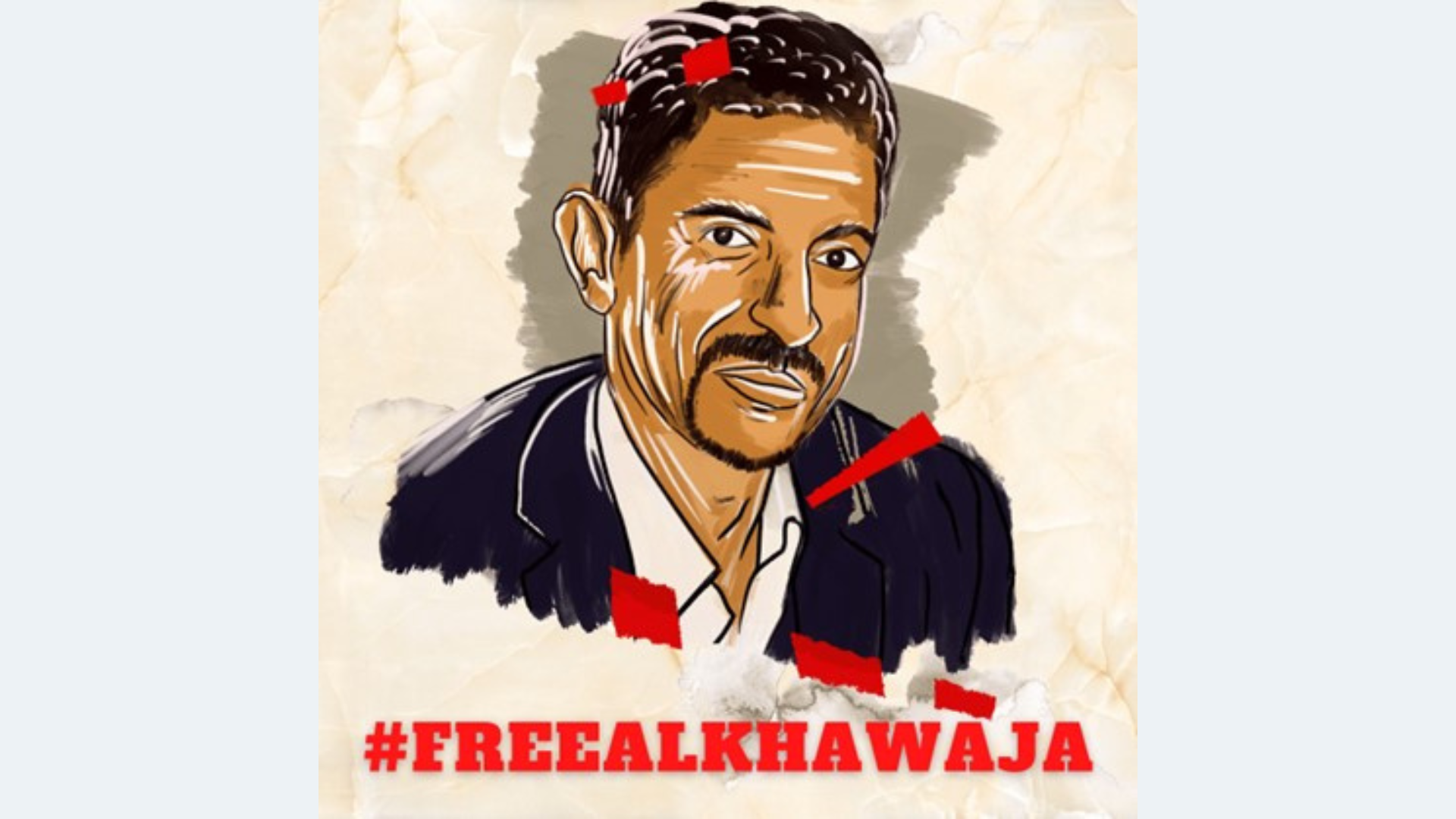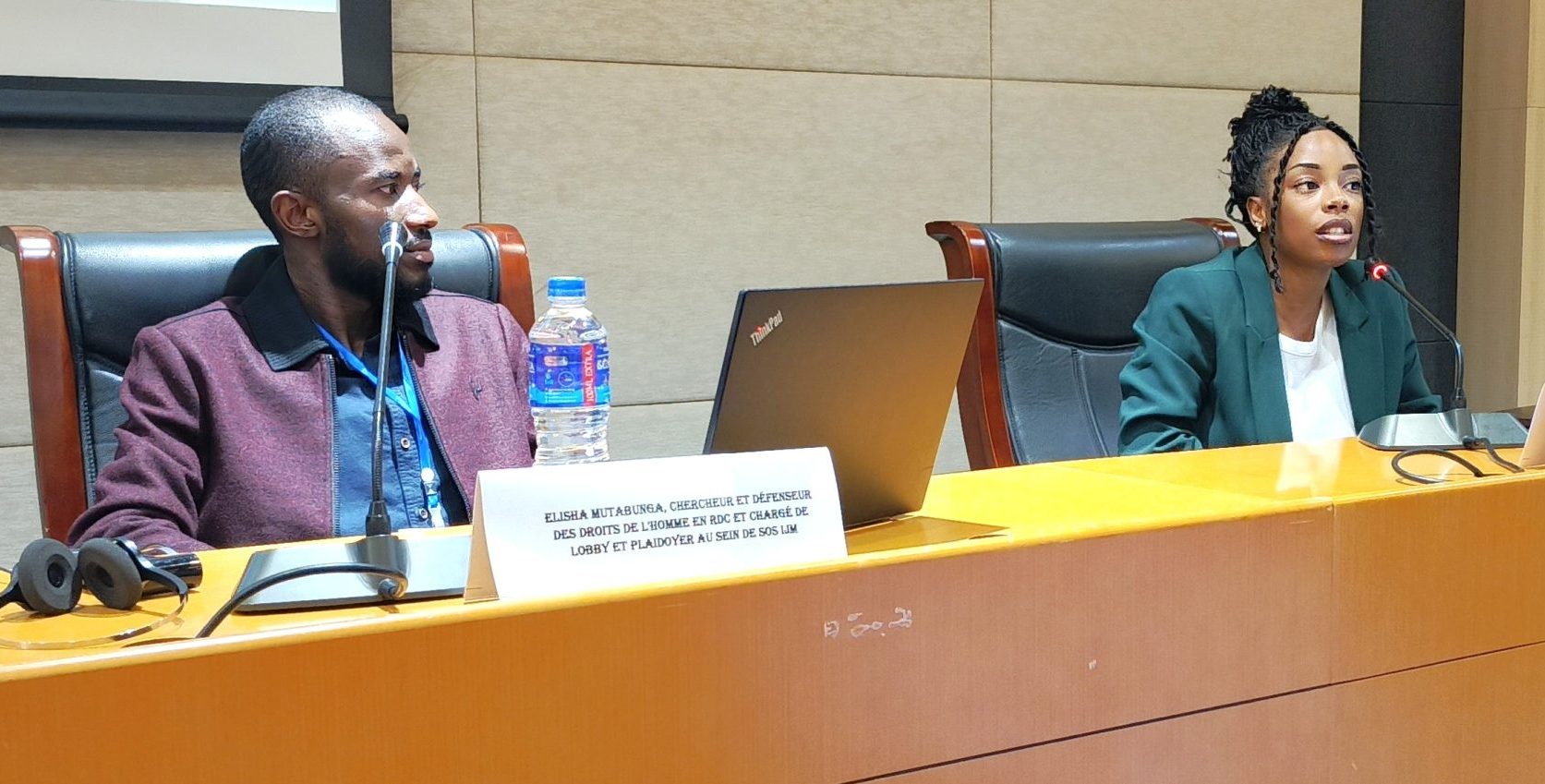(Geneva) – Earlier this week, the Human Rights Council adopted reports on the Universal Periodic Review (UPR) of Guinea, Lao People’s Democratic Republic, Spain, Lesotho, Kenya, Armenia, Guinea-Bissau, Sweden, Grenada, Turkey and Kuwait. The reports referred to restrictions imposed on civil society space, including on the rights to freedom of assembly and freedom of expression. The presentation of each report was followed by an interactive dialogue. A brief summary of each of the reports, and the interactive dialogue is incorporated below, except for Spain, Kenya and Kuwait – in respect of which ISHR made statements are reported on separately.
Guinea
In the consideration of Council’s adoption of the report of the UPR of Guinea, civil society raised concerns about restrictions on the right to freedom of assembly citing incidences where Guinean security forces have brutally suppressed peaceful protests with impunity.
Civil society welcomed advances in addressing impunity, including the opening by the judiciary of investigations into the 2007 killing of some 130 demonstrators; the 2009 massacre and rapes of opposition supporters in Conakry stadium; the 2010 tortures of members of the political opposition; the 2012 killings in the south-eastern village of Zobhata; and the 2013 killing of demonstrators. However, concern was expressed that progress in most cases has been hampered by inadequate resources and the failure of members of the security services to respond to judicial summons.
Lao People’s Democratic Republic
Despite committing its first UPR to working towards an enabling environment for civil society and Human Right Defenders in its first UPR, the Government failed to respond to recommendations related to the protection of human rights defenders. Further, restrictions to freedoms of expression and assembly persist.
Civil society called on the government to repeal or amend the Decree on Associations, the Decree on INGOs, the Media Law, the Law on Publications, the Decree on Internet, and various restrictive provisions in the Penal Law to ensure full compliance with international human rights standards. The Decree on Internet was of particular concern, given that it contains provisions that go well beyond internationally accepted limits on free speech contained in article 19 of the International Covenant on Civil and Political Rights, which was ratified in 2009.
The Government stated that no national law obstructed any fundamental rights, and that the 2014 Decree on Internet merely managed and facilitated a more responsible use of the internet.
Lesotho
In its last UPR, Lesotho received a recommendation to decriminalise defamation and review the media related laws, including the Printing and Publishing Act of 1967. Although a draft Media Policy is in place and will soon be reviewed by the government, Lesotho merely noted the recommendation, stating that the Basotho populace reacts aggressively to defamation against any person’s integrity.
Further, the recommendation to review and update laws that could lead to self-censorship, such as the Sedition Proclamation and the Internal Security Act, did not enjoy the support of Lesotho, which stated that such laws were in place for the protection and the respect of the people.
COC Netherlands expressed concern for a country where heterosexuality is often presented as the only acceptable orientation and homosexuality is perceived as deviant. Although horrible crimes such as corrective rape and murder of LGBT persons are uncommon in Lesotho, discrimination at the workplace and in social protection schemes and exclusion from social life are systemic.
Armenia
During consideration of Armenia’s UPR, States called for the ratification of the optional protocol on the Convention on the Rights of the Child. Armenia was also praised for having ratified several international covenants, for the adoption of a national strategy and plan of action for the protection of human rights and for improvements to its legal framework on human rights.
However, many challenges persist within the country, including excessive use of force by the police, corruption and a lack of judicial independence. Improper policing of assemblies is also a serious issue in Armenia, with the State being urged to guarantee the right to peaceful assembly, including the right to spontaneous protest.
Armenia was accused of deliberately rejecting all recommendations by Azerbaijan regardless of the content due to current political tensions between the two countries.
Guinea-Bassau
Fostering full respect for social and economic rights continues to be a problem for Guinea-Bissau. This was discussed during the adoption of the final UPR report for Guinea-Bassau. Calls were made on the State to look into ratifying the International Convention on the Protection of the Rights of all Migrant Workers and Members of Their Families.
Guinea-Bissau was praised for ensuring free and fair elections in its last general election, after a period of political instability. Its efforts to combat the spread of HIV-AIDS, combat infant mortality and female genital mutilation and to adopt a national policy on gender equality were also highlighted.
However, civil society expressed regret at the inability of the delegation from Guinea-Bissau to attend the session. Guinea-Bissau was encouraged to continue to strengthen its democratic institutions so that human rights can be further protected.
Sweden
The majority of States welcomed the acceptance of a large number of recommendations by Sweden with regard to strengthening the protection of the rights of the child. In respect of the use of public data, Sweden stated that police are not permitted to register data on the grounds of race, ethnic origin, political view or religion.
However, Cuba noted that Sweden did not accept its recommendation to strengthen certain liberties, such as access to the evidence of each imprisoned person.
In conclusion, Sweden stated that it is willing to appoint an inquiry to examine pre-trial detention of minors.
Grenada
Grenada accepted the majority of recommendations made as part of its UPR. However, it did not accept recommendations for the abolition of the death penalty or the implementation of a ruling on equal gender representation in parliament. In concluding, Grenada reaffirmed its commitment to the protection and promotion of human rights.
Turkey
In the consideration of Turkey’s UPR, States complimented the ‘judicial reform package’ which forms part of the ‘democratization package’, which has strengthened the independence of the judiciary and expanded freedom of expression. The United Kingdom noted that improvements on freedom of assembly have been made.
Civil Society lamented Turkey’s position that it has ‘already implemented’ key recommendations on freedom of expression. On the contrary, politically motivated arrests, prosecution of media workers, activists and individuals critical of the government persist. An example includes the sentencing of newspaper editor Bulent Kenes and of Mehmet Baransu, on charges related to disclosure of state secretes. Moreover, it calls attention to the blanket block of social media in March.
Civil society complimented Estonia’s recommendation to decriminalise defamation and Spain’s recommendation to amend the Internet Law, which allows authorities to block websites without judicial decision. Civil society also called for the removal of discriminatory language in the media, the removal of restrictions on freedom of expression and the implementation of the right to peaceful and spontaneous assembly.




